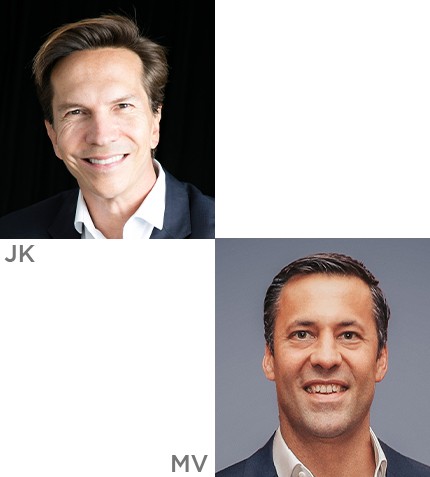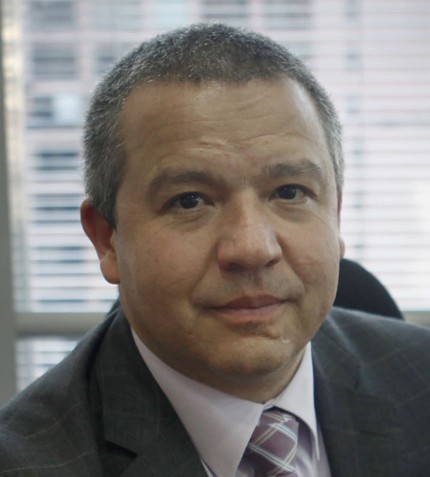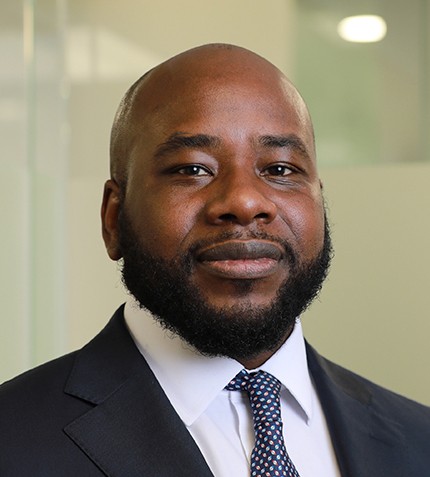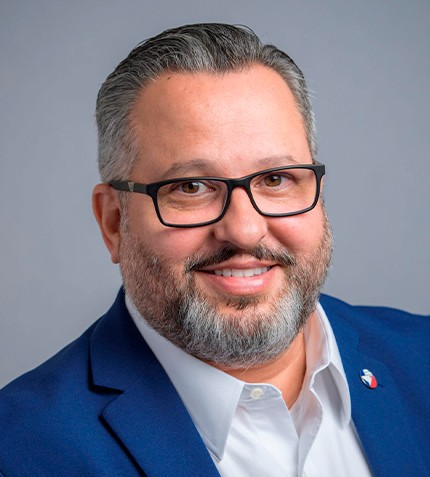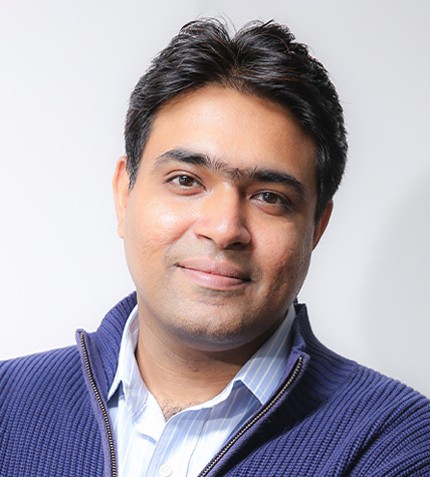
"We firmly believe in cultivating enduring relationships, exemplified by our nearly 50-year partnership with SHCP in Singapore."
Raj Kaushik
DIRECTOR, FRP SERVICES (ASIA)
Could you introduce FRP Services to our audience?
FRP Services, a Japanese company founded in 1972 and headquartered in Osaka, is a pioneering expert in reinforced plastics and composites. Two decades ago, we initiated our chemicals division and established our first overseas office in Singapore. Since then, we have steadily expanded our presence to numerous other countries and expanded our offerings to include building materials, chemicals and composites. We work with major clients like Boeing, SEGA and Disney, supplying materials and collaborating on their projects.
How has your portfolio of products evolved over the years?
Before the 2008 financial crisis, our primary involvement was in bulk shipments and trading. However, we have since discovered our niche in stocking and supplying highly-specialized products, catering specifically to the "Just-in-time" needs of our Japanese customers.
Earlier, we had a strong presence in the Middle East, specifically Iran. However, since 2008, we redirected our attention to regions like India, Indonesia and Vietnam, which exhibited significant growth potential. Global politics play a key role in regional supply and demand trends. Currently, Chinese companies are dumping excess stocks in the ASEAN region due to abysmally low local demand, impacting regional manufacturing. Volatile prices have added complexity to market dynamics.
How has the chemical industry strengthened its supply chains?
In the past, logistics was not as critical as it is today. However, the landscape changed dramatically in 2020 when numerous businesses experienced significant losses due to logistical challenges and disruptions in the supply chain. As a result, there is now a heightened focus on establishing a robust and efficient supply chain.
Modern businesses understand the importance of risk management and are adopting strategies to minimize vulnerability. One such approach is diversifying supplier networks, ensuring that they do not overly rely on a single source. Additionally, companies are now diligently assessing various factors, including geopolitical influences, to proactively plan and safeguard against potential disruptions. The emphasis on building a solid and resilient supply chain has become a top priority for many organizations.
What are the main highlights of your “building materials and specialized composites” business?
We are proud to have maintained a strong partnership with Fletcher Building from New Zealand for over two decades. They supply us with insulation materials that we actively promote for various projects in Singapore, including those related to MRT Projects. Our collaboration with Fletcher Building is close, and we are exploring opportunities to introduce new products in the Oceanic market together.
On another front, our relationship with Toray and Nittobo has been flourishing for 50 years. We work closely with them in the materials sector, leveraging their expertise and resources to enhance our offerings.
Moreover, our active involvement in composites has led us to participate annually at the JEC, showcasing our commitment and contributions to the field of material science, composites and engineering plastics. These strategic partnerships and our engagement in industry events underscore our dedication to delivering top-notch products and services to our customers.
What is your and your suppliers’ approach to ESG?
As a Japanese company, we have ingrained strong ESG values in our corporate culture. Our commitment to ESG is evident through our substantial investment in R&D, particularly focused on addressing natural disasters like earthquakes. Our efforts have led to the development of earthquake-proof materials, contributing to safer and more resilient buildings.
In addition to our own initiatives, we also prioritize sustainability in our supply chain. Many of our suppliers share our vision and are actively working towards achieving good sustainability index ratings. They are committed to educating their employees about best sustainability practices and are taking steps to establish more sustainable supply chains. Together with our suppliers, we strive to foster a sustainable and responsible business ecosystem.
Do you have a final message?
At the core of our business philosophy lies stability and transparency. We firmly believe in cultivating enduring relationships, exemplified by our nearly 50-year partnership with SHCP in Singapore. Our preference for long-term commitments extends to all aspects of our operations, as we meticulously craft and execute comprehensive plans to achieve our objectives.
By fostering these lasting partnerships and diligently working towards shared goals, we enable mutual growth and success. Moving forward, we remain committed to this approach, ensuring that stability, transparency, and collaborative growth continue to be the cornerstones of our business.




